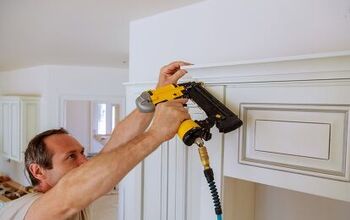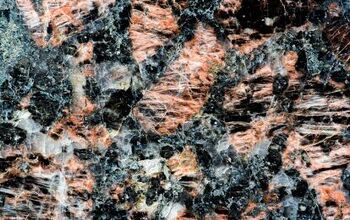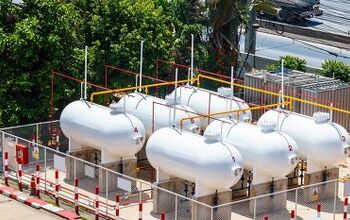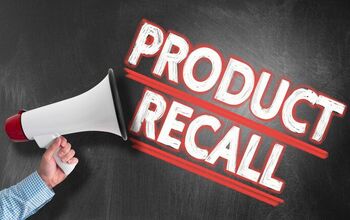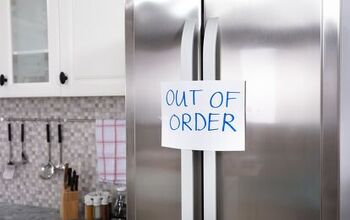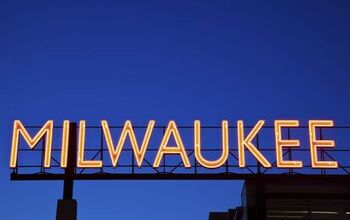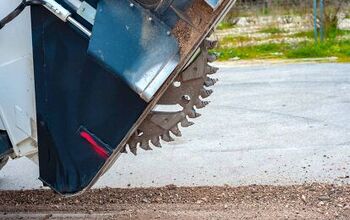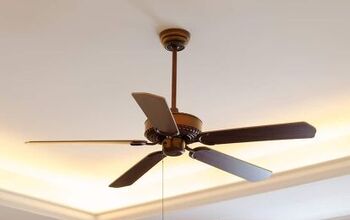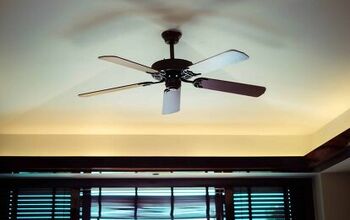How Often Should You Change The Nozzle On An Oil Burner?

Proper oil burner maintenance is essential. Just like taking care of your car, there are a few things you should do regularly to keep your oil burner running smoothly. Part of this maintenance involves monitoring the condition of your fuel nozzles. Your nozzle burner is the tip of the spear – it leads the fight against the cold. If it isn’t working correctly, it will cost you time, money, and heat.
Prepare to change your oil burner nozzle annually. However, some units will require more maintenance than others. Several factors will affect the lifespan of your nozzle. If your burner is new, kept clean, and has regularly changed filters, your nozzle could last longer than a year.
However, if your burner isn’t well maintained, the life of your nozzle will suffer and may need to be changed every couple of months.
Below you will learn all about the oil burner nozzle. We discuss how to change it, make it last longer, and the dangers associated with faulty oil burner nozzles.
Let’s jump in.
When Should I Change My Oil Burner Nozzle?
There are several indicators that it’s time to service your oil burner. Here is a list below:
- Burner won’t start
- Oil burner stopping randomly
- You can smell fumes or see lots of smoke
Your Oil Burner Doesn’t Start
A burner that won’t start means that something is stopping the spark from meeting the atomized oil. If you know that you have power to the system, and your oil burner electrodes are in working order, you probably have a clog somewhere. The clog could be in a filter, or it could be at the nozzle.
Have you changed the nozzle recently? Do you have an old system? Let your answers guide you. If your oil burner isn’t starting, then it may be time to change the nozzle.
Oil Burner is Stopping Randomly
Like an oil burner that won’t start, an oil burner that stops and starts may need the nozzle changed.
Your oil burner nozzle controls the stream of oil. This stream of oil is precise and specially configured for your system. Using the word “stream of oil” is probably misleading – it’s more of an atomized mist. While this level of precision means that your oil will burn efficiently, it also means it can become clogged if something goes wrong.
You Can Smell Unburned Oil
The smell of oil in your home or shop is not pleasant. And it can mean that your oil burner isn’t working efficiently. Remember what we said about the nozzle creating an atomized mist? If something disrupts the nozzle, it won’t be able to atomize the oil properly. As a result, you will have unburned oil that smokes and smells.
This isn’t good for several reasons. One, you’ve got the odor in your home. Two, your oil burner isn’t producing much heat. Three, unregulated oil can cause a blowback – this is a type of small explosion, and it’s dangerous.
If you’ve noticed any of these issues with your oil burner, it’s time to change the nozzle. Don’t be afraid to reach out to a professional – especially if you feel your boiler isn’t safe.
If you just spilled some oil on the floor, see this article on how to clean it up.
How to Change The Nozzle on an Oil Burner
With a little bit of effort, anyone can change the nozzle on their oil burner. It’s not a complicated process; however, you need to know a few key things. Here’s a list:
- Change all filters while changing the nozzle
- Make sure you get the correct nozzle for your model
- Try not to touch or contaminate the critical elements of the nozzle
Change Oil Filters Before Changing the Nozzle
The nozzle on an oil burner has a tiny filter built inside. Manufacturers make these small filters from bronze particles. Note: this filter only provides a final clearing of the oil – it will become easily clogged if the primary filters are ineffective.
With that said, if you find yourself regularly changing the nozzle, then you probably need to give some attention to what is going on before the oil reaches the nozzle. It’s counterproductive to continuously service the nozzle when the rest of the system needs attention.
Make Sure Your Nozzle Matches Your Oil Burner Model
Oil burner nozzles come in many different settings. You must match the nozzle to your oil burner. If you don’t match them, you will have less efficiency and increased maintenance needs. The wrong sized nozzle will ultimately shorten the life of your boiler. Here’s how you find the right size.
First, look at the old nozzle. There will be three different figures on the nozzle. One indicates the speed oil can travel through in gph (gallons per hour). Usually, this number is around 0.85 – however, it varies. Second, you’ll have the spray angle. The spray angle can range from 30 to 80 degrees. Depending on the type of burn chamber you have, you may need a narrower or broader oil stream.
Finally, you’ll have a letter that indicates the shape of the spray. Some sprays are hollow, and others are solid. Hollow means that the spray creates a cone shape – hollow in the center. A solid spray is still a cone, but the center isn’t empty.
Beware: sometimes, an improper nozzle was previously installed. In this case, it will do you no good to match the numbers with the old nozzle. It’s best to get your burner’s make and model and look up the correct nozzle for your unit.
Don’t Contaminate New Nozzle
The act of changing the nozzle is simple. Unscrew the old one, and replace the new. However, it’s easy to forget that the nozzle is a precise instrument. Be careful not to contaminate the bronze filter or the small nozzle hole.
Some professionals say that you should avoid even touching the filter or exit portion of the nozzle. Even small pieces of dirt or grime can influence the nozzles’ performance.
If you’re wondering have questions about what size tank you need to store your heating oil, see our article here.
Related Questions
Cleaning your oil burner nozzle can be done; however, some professionals do not recommend it. There are two why. First, it’s easy to damage the nozzle during cleaning. Second, and more importantly, if your nozzle needs regular cleanings, then your oil furnace isn’t running efficiently. Also, a new burner nozzle is not expensive – they can usually be found for about $10.
Do Oil Burner Electrodes Need to Be Replaced?The electrodes in an oil burner don’t usually need regular replacing. What’s more important is making sure they are appropriately aligned. There is a specific distance they need to be from the nozzle’s end and a specific distance from each other. Space can differ based on your units’ model. You can purchase an electrode ruler to aid in proper positioning.
How Often Should You Service Your Oil Burner?Service your oil burner annually. But if you have an old burner, you may need to clean and maintain it quarterly. Even if it worked perfectly after a season of use, it’s essential to keep up on things like filters and nozzles. The more efficient your burner, the more money you’ll save, and the warmer you’ll be.

Gideon is a writer and hobby woodworker. He enjoys working on projects small and large-everything from crafting boxes and benches, to replacing carpet and landscaping a yard.
More by Gideon Zielinski



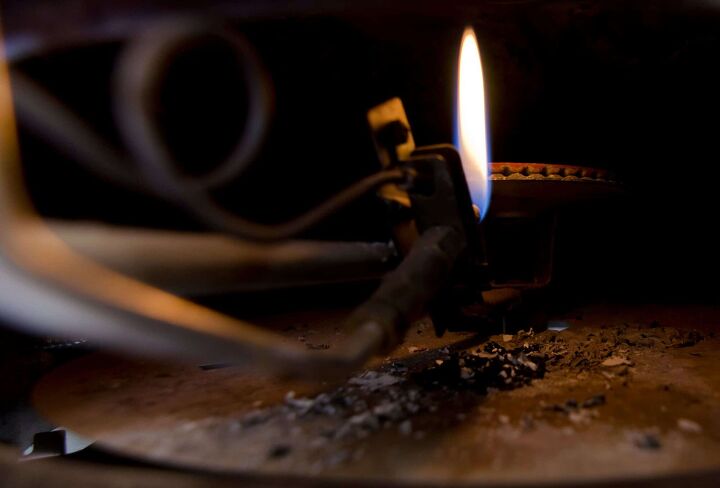








![The 10 Best Table Saws - [2022 Reviews & Buyer's Guide]](https://cdn-fastly.upgradedhome.com/media/2023/07/31/9070645/the-10-best-table-saws-2022-reviews-buyer-s-guide.jpg?size=350x220)
